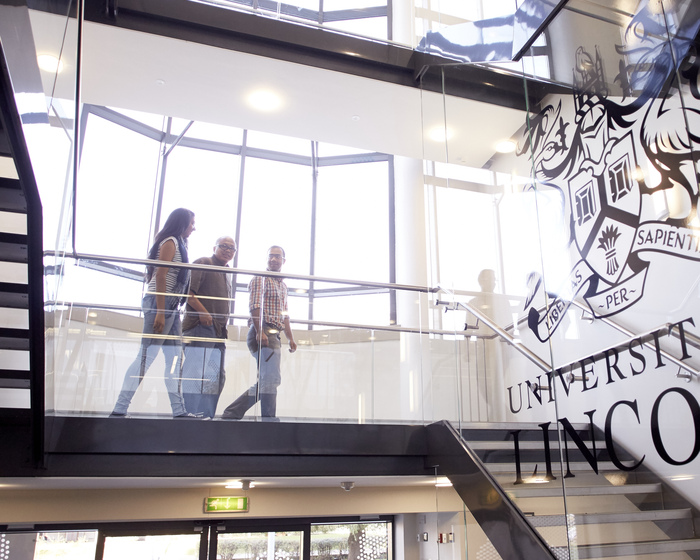Foundation Year Programmes
| Course Title |
UCAS Code |
Validation Status |
Entry Requirements (A level) |
Entry Requirements (BTEC) |
Entry Requirements (T Level) |
Additional Requirements (GCSE) |
| Electrical and Electronic Engineering with Science Foundation Year BEng |
H603 |
Validated |
64 UCAS Tariff points to include grade C in a STEM subject |
MPP (Merit, Pass, Pass to include 32 points from a STEM subject) |
Pass (D or E on the Core) to include 32 points from a STEM subject |
3 GCSEs at grade 4(C) to include English and Maths |
| General Engineering with Science Foundation Year BEng |
H149 |
Validated |
64 UCAS Tariff points to include grade C in a STEM subject |
MPP (Merit, Pass, Pass to include 32 points from a STEM subject) |
Pass (D or E on the Core) to include 32 points from a STEM subject |
3 GCSEs at grade 4(C) to include English and Maths |
| Mechanical Engineering with Science Foundation Year BEng |
H302 |
Validated |
64 UCAS Tariff points to include grade C in a STEM subject |
MPP (Merit, Pass, Pass to include 32 points from a STEM subject) |
Pass (D or E on the Core) to include 32 points from a STEM subject |
3 GCSEs at grade 4(C) to include English and Maths |
| Mechatronics with Science Foundation Year BEng |
H662 |
Validated |
64 UCAS Tariff points to include grade C in a STEM subject |
MPP (Merit, Pass, Pass to include 32 points from a STEM subject) |
Pass (D or E on the Core) to include 32 points from a STEM subject |
3 GCSEs at grade 4(C) to include English and Maths |
Please note that English language requirements for International students can be found on the full degree course pages for each programme.
Some programmes may also be available for part-time study.
The University of Lincoln highly values mature students and the life experiences and determination that they contribute to our learning community. If you do not meet the standard entry requirements above, but can evidence your aptitude through vocational qualifications, occupational, or life experiences, please contact sepsadmin@lincoln.ac.uk.

/prod01/university-of-lincoln-cdn-pxl/media/responsive2017/images/course/coursebanner/8-11-19,Lincoln,Uni,1742.jpg )


